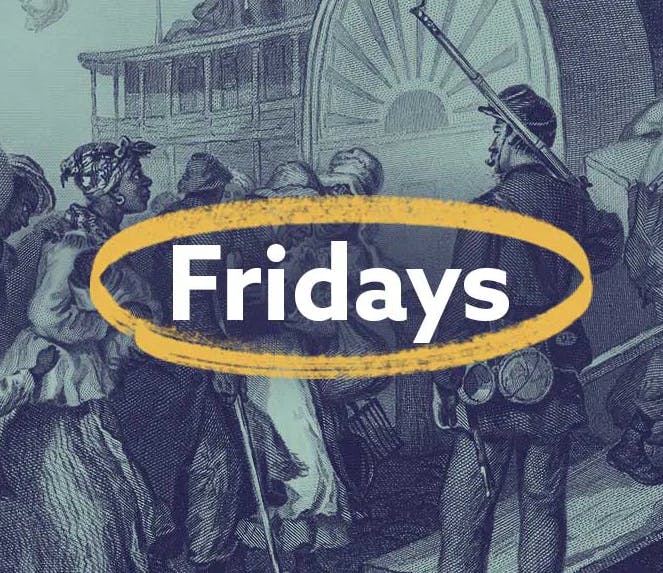5 essential tips to remember when searching census records
4-5 minute read
By The Findmypast Team | January 6, 2022
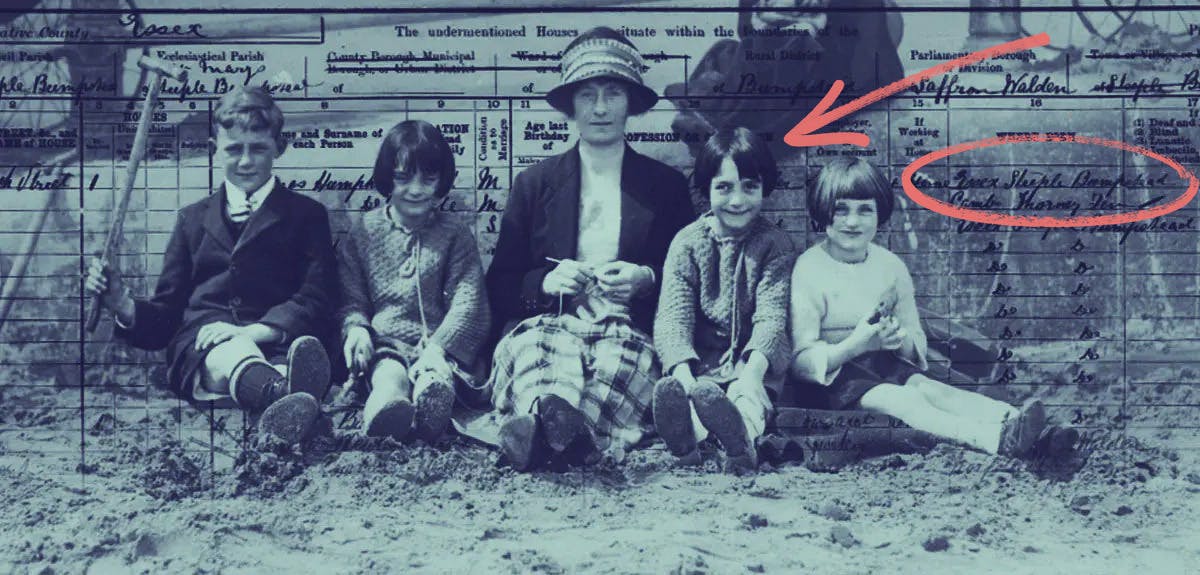
When it comes to revealing family secrets from your past, censuses are your go-to resource. Myko Clelland shares his expert tips on how to search census records and make the most of them.
Census records are the perfect way to tell the story of what your family looked like in times gone by. They reveal what your ancestors were doing and give us clues to where they may be found in other family records.
Findmypast has a huge collection of these kinds of documents, and as any good genealogist will tell you, getting to grips with them can unlock a whole new world of family history discovery. Here are a few top tips to get the very best out of such a great resource.
1. Understand each census
The history of the census saw it evolve over time and each one is slightly different. Understanding how far back census records go, what's available and their quirks will help you to get further in your family research. For example, the 1841 British Census usually rounds down the ages of people over 15 to the nearest five. While the 1911 Census is known as the ‘fertility census’ because it asked how many years a couple had been married (perfect for finding missing marriage records) and how many children they had, both living and those who had passed away. The 1921 Census asked for employer information for the first time in history, giving you a more detailed picture of the lives of your ancestors.
All of these little extra elements can be vital in revealing more about your ancestors, or leading you to extra records that could be of help in your search.
2. Remember that censuses are snapshots
Census records are frozen moments in time. The intention was that when the clock struck midnight, whatever the household looked like was recorded. People often moved around and the records might have captured a very different night to the norm.
Seasonal workers moved regularly. You could pick them up before or after a move, or in a temporary situation. They may be visiting somewhere or only present for a period of time. Unless you find a household in the same place for a number of census entries, don’t assume that a living situation was static and remained so for an entire decade.
3. Consider how censuses were taken
Censuses were undertaken by a form, handed to the head of the household who filled in the details for themselves and the other occupants in their home. If the householder couldn’t read or write, they were assisted to fill in the information.
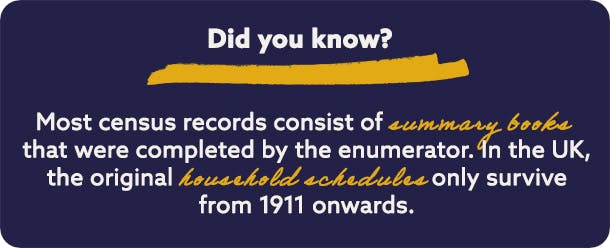
Because of this, what you see in the records is what your ancestor wanted to tell or what they could remember. Perhaps your grandmother was born in Reading but lived in Slough from an early age. If they couldn't remember the latter place it’s easy for them to assume they may have been born where they grew up. Or maybe your ancestor didn’t like growing old and decided to massage their age down a little.
Sometimes they chose life descriptions to make political statements. For example, migrants could call themselves Polish or Russian while being from the same town on a map. Similarly, many 1921 Census records show citizen's anger at the state of unemployment after the First World War, often in handwritten notes along the bottom of the record.
Discounting records that are slightly off from the information that you already have could be a mistake. Think about being in your ancestors’ shoes. What would you remember? How would you understand the world?
4. Think laterally
Censuses occur every 10 years in most jurisdictions. The similarities and differences between each of them can give you clues as to how your family progressed.
Pay attention to any discrepancies and see if they form a pattern. Are they telling a story? Is your ancestor knocking two years off their age in every census? Would that give you a better idea of what sort of age they might describe themselves as in the next one? Does their career show a path of progression? Are the people in the household still with them or are they of an age to have set up on their own? All of these markers can confirm you have the right person in your quest to find out more.
5. Use technology to get the edge
We have an advantage that previous genealogists could only dream of - the ability to search census records like a database. This unlocks a whole new world of clever tricks that can narrow down your possibilities or find elusive ancestors.
Make use of Findmypast's list of all record sets to find the census you need and use combinations of the details you already know to see what appears. Perhaps you're trying to find everyone with your surname in a certain location. Or you might need to tailor your name search from ‘James’ to ‘Jim’ from one census to another to pinpoint the person you're tracing.
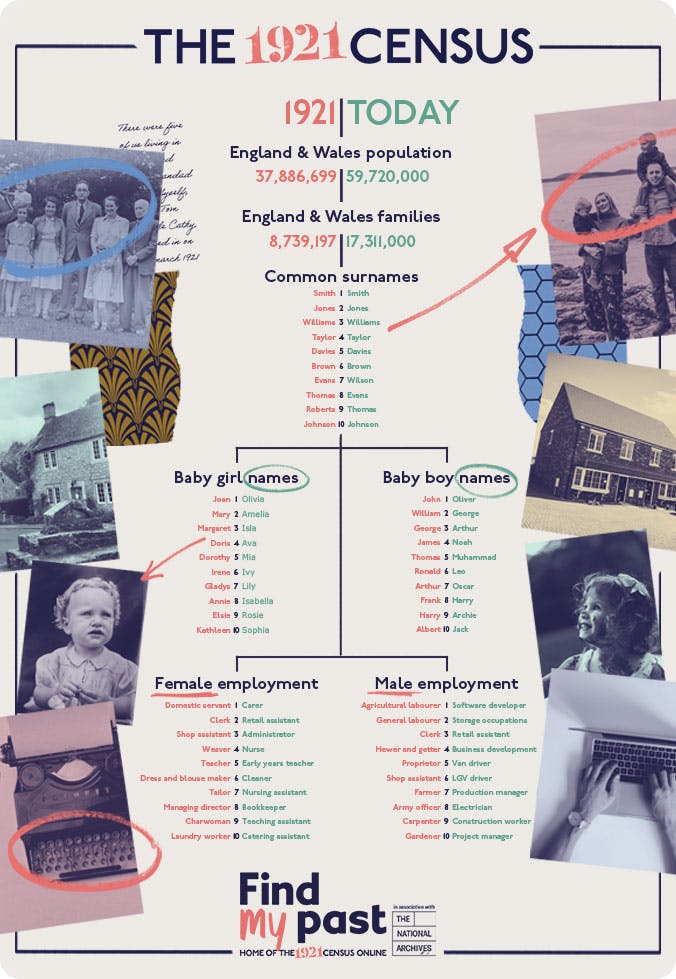
Discover 1921 versus 2021. View in more detail here.
You can use Findmypast’s radius search tool to extend your search in case district boundaries changed and someone is living in the next town over, without ever moving house. Similarly, searching census records by address (something you can only do on Findmypast) is really useful if your ancestors seemed to disappear from the census. It can help you find out if, in the next census, they had left home.
You may find them in the same place, transcribed a little differently. Or the home could be newly occupied by relations. If you see totally new names in that same home, you know you need to look elsewhere for your relations. Similarly, because the 1921 Census recorded employer information, it is possible to also search this record collection by employment, giving you more avenues by which to trace your ancestors.
Census records are the backbone of most family trees. Becoming a better census searcher will make you a better genealogist. You'll be able to tell the stories of your ancestors, looking into their world as they saw and described it for themselves.
These handy tips can give you a head start but remember, practice makes perfect. Really explore the records, get used to how they look and what is contained within. If you ever need to know more, check each census's dedicated search page on Findmypast. They explain the context, the history and what you need to know to get the best from each census. With all of this information in hand, you stand the best possible chance of unlocking those amazing family stories.
Related articles recommended for you
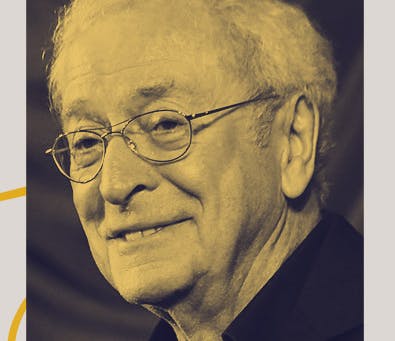
Michael Caine's family tree: explore military stories from Southwark and beyond
Discoveries
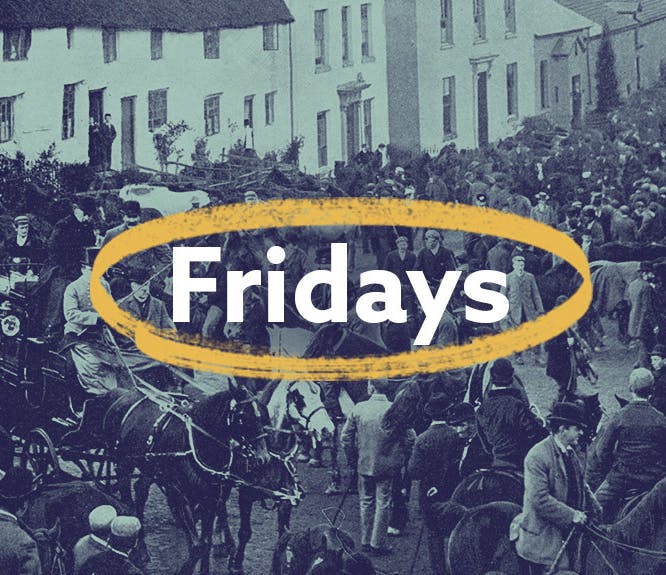
Peruse parish records and Scottish newspaper pages with this week's exciting release
What's New?
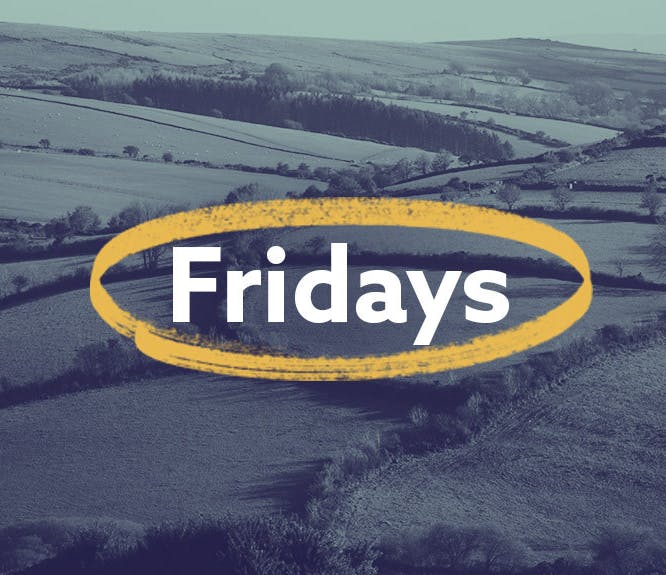
Delve into the 'modern Domesday' books and browse over 800 fascinating new photos
What's New?
